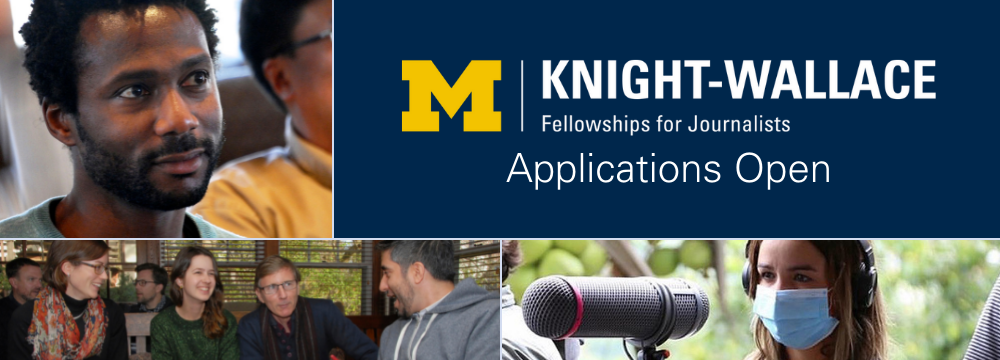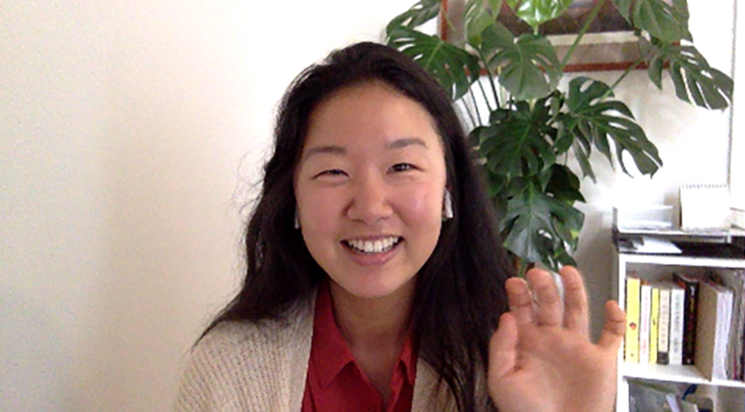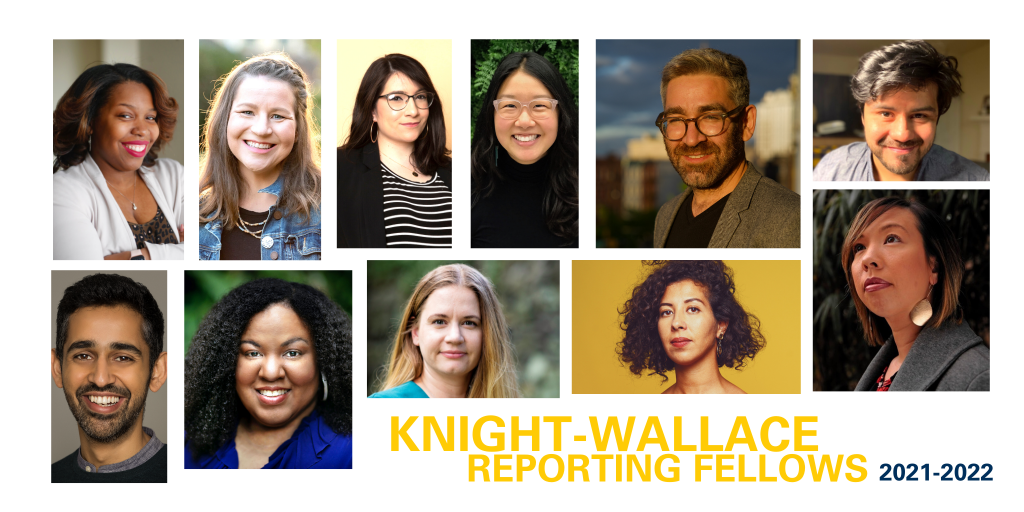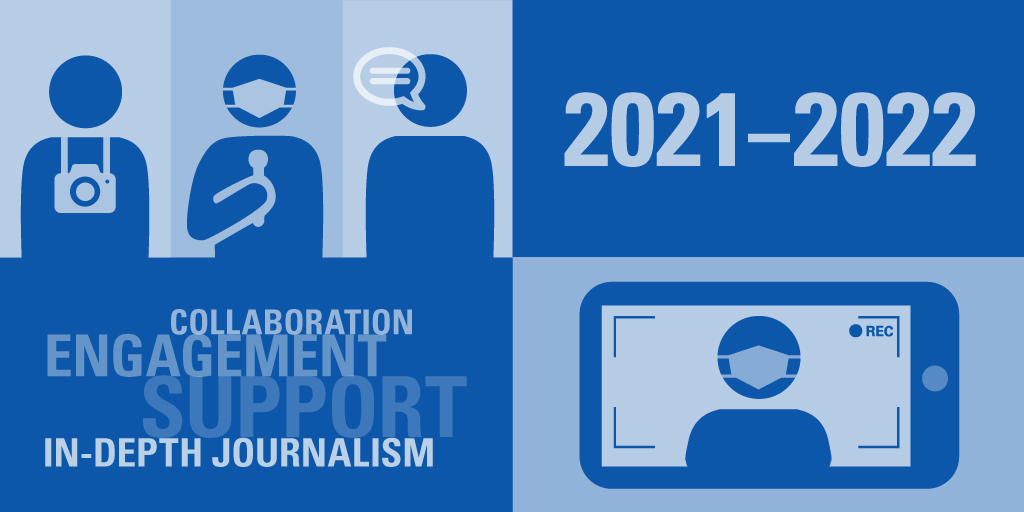
After a rewarding experience with two remote fellowship classes producing innovative work and in-depth journalism on the most pressing issues of the day, Wallace House is delighted to announce the return to in-person Knight-Wallace Journalism Fellowships at the University of Michigan for the 2022-2023 academic year.
The Knight-Wallace Journalism Fellowships will offer an academic year of study, collaborative learning and access to the resources of the University of Michigan for selected journalists to pursue ambitious journalism projects. Fellowship support includes a $75,000 stipend over eight months, the opportunity to audit courses across the university, professional development workshops and private seminars with journalism leaders and world-renowned experts. Fellows will reside in Ann Arbor and enjoy gatherings and activities in the comfort of Wallace House.
An invitation to apply
Applications for U.S. applicants are now open and are due on February 1, 2022. We hosted a webinar on December 17 to discuss the program and application process. It’s now available to watch on-demand.
The fellowship is open to a range of journalists, including reporters, editors, data experts, visual journalists, engagement specialists, designers and developers, entrepreneurs and organizational change agents.
Staff, freelance and contract journalists are welcome to apply. All applicants must have at least five years of reporting experience and hold a U.S. passport. Our international fellowships for the 2022-2023 academic year have already been awarded to international journalists who previously committed to the program and could not participate due to the pandemic. We plan to open international applications for the 2023-2024 academic year next fall.
An academic year to pursue an ambitious journalism project
The possibilities of what a journalist can do as a Knight-Wallace Fellow are as varied as the people we accept. We’re looking for bold journalism projects demonstrating an eagerness for growth and a commitment to the field. Areas of focus can include, but are not limited to, sharpening professional skills, addressing a challenge facing your newsroom, digging into research and data for a long-term reporting project or developing a journalism venture.
The Knight-Wallace Journalism Fellowship for the 2022-2023 academic year is an in-person fellowship featuring:
- Eight-month program of immersive study away from daily deadlines
- $75,000 stipend for living expenses in Ann Arbor. Costs for auditing courses and participating in required workshops and fellowship activities are paid for by Wallace House.
- Support for individual journalism projects designed to develop new skills, research a topic for long-form reporting, address a newsroom challenge or explore a journalism venture.
- Specialized resources and access to faculty at the University of Michigan
- Private seminars with newsroom innovators and world-renowned experts for candid, off-the-record conversations
- Workshops to sharpen skills and leadership ability
Application Deadline is Feburary 1, 2022
Applications are now open. The deadline to apply is at 11:59 pm ET on Tuesday, February 1, 2022.
Offers for Knight-Wallace Fellowships for U.S. applicants will be extended in early May 2022.
The 2022-2023 academic year begins Monday, August 29, 2022. Fellows are expected to arrive in Ann Arbor at least one week prior for fellowship orientation.
Watch the Q&A Webinar
For more information on the fellowship and how to apply, Wallace House Director Lynette Clemetson and Associate Director Robert Yoon hosted a Q&A webinar that is now available to view on-demand.
More about the Knight-Wallace Journalism Fellowships



